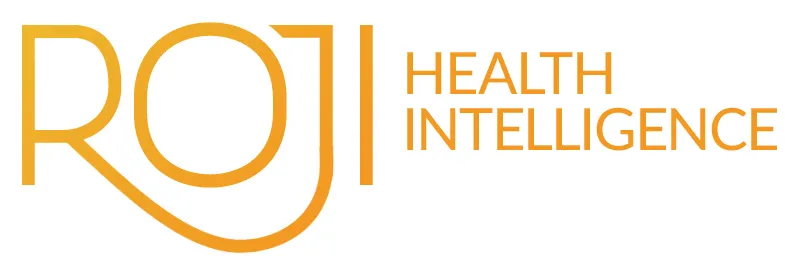“It’s not how you start, but how you finish” might be the way some ACOs must navigate a difficult path to success. But for organizations planning a new ACO venture, that rocky path may be avoidable. The early days of ACO development are behind us, and ACO models to take on financial risk are now […]
Unify ACO Quality and Cost Initiatives to Boost Long-term Results
Let’s face it. There’s a pretty low bar to meeting Medicare’s ACO Quality requirements. Most ACOs have achieved acceptable quality performance for Medicare Shared Savings Plans (MSSPs). They have not, however, achieved the savings needed to be successful. ACO supporters point to the “Triple Aim” of achieving higher quality, cost savings and good patient experience […]
ACOs Must Create Learning Environment for Physicians to Be Partners in Change
The idea behind ACOs sounds simple enough: Build a network of primary care physicians, specialists, hospitals and other health care organizations that share risk and responsibility to provide coordinated care for each patient. Medicare or private insurers offer financial incentives to ensure that ACOs provide quality treatment while limiting unnecessary spending. Primary care physicians serve […]
ACO Economics 101: Optimize the Physician Network For Patient Choice
The inaugural MIPS 2017 submission period closed in a fog of uncertainty. The demise of MIPS looms on the horizon, with little discussion of opportunities for improvement. Heath and Human Services Secretary Azar has advocated for removing the quality reporting component of MIPS, while the Medicare Payment Advisory Committee (MedPAC) recommended scrapping MIPS altogether and pushed […]
Reluctant Providers Can Benefit from Fresh Approach to ACOs
It’s no secret that CMS wants to move providers away from MIPS and the Fee-for-Service payment system, toward an Alternative Payment Model (APM) like an Accountable Care Organization (ACO). This past January’s announcement of an additional 124 new ACOs implies that we have reached a tipping point, with ACOs becoming more prevalent than standard Fee-for-Service […]
Five Ways Medicare’s Patient Data-Sharing Will Rock Health Care
Medicare came closer to fulfilling its promise of patient data-sharing last week with the announcement of bundled initiatives to connect health care consumers with their health care data. First, the Trump administration announced the launch of myHealthEData, a government-wide initiative designed to permit patients to control their healthcare data and determine how it can be […]
Can Provider-Led ACOs and AAPMs Deliver Health Care Transformation?
“In times of rapid change, experience could be your worst enemy,” said J. Paul Getty. He might have been giving us advice on how to transform health care. We have reached the tipping point for broader adoption of ACOs and other Advanced Alternative Payment Models (AAPMs) to organize health care and payment under both Medicare […]
Who Wins and Loses If CMS Kills MIPS?
Last month, the new Health and Human Services (HHS) Administrator, Alex Azar, tolled the death knell on MACRA MIPS quality reporting. Even as the MIPS program just began its second year, Azar reinforced what MedPAC (Medicare Payment Advisory Commission) has been suggesting since June 2017: trash MIPS quality reporting and speed up provider transition to […]
Shared Decision-Making May Be the Next Consumer Health Movement
Consumers are rapidly mobilizing around all aspects of health care—affordability, access to the system and choices about their care. As changes in health insurance shift more and more cost onto consumers, patients want to be involved in decisions that will affect their finances as well as their health. Yet they face a dilemma: The only […]
How Safe is Medicare? What To Know About White House Budget Proposals
Health care providers may be lulled into believing that Medicare budget cuts proposed by the White House last week won’t happen. Media reports have repeatedly emphasized that the budget is simply a policy proposal. Congress alone has the authority to determine spending limits and allocate funds. But labeling this budget—and the Medicare proposals in it—as […]










